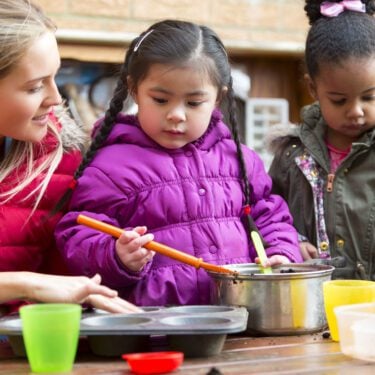Young people who are the ‘first in family’ to go to university are less likely to attend a Russell Group university and are more likely to drop out than those with graduate parents, according to new Nuffield-funded research led by the UCL Centre for Longitudinal Studies.
Published today in the Oxford Review Of Education, the study is the first to use large scale nationally representative data to explore the experiences of first generation or ‘first in family’ university students in England, a group which has been prioritised in initiatives designed to widen access to higher education.
Researchers analysed data collected from over 7,700 participants in Next Steps, a longitudinal cohort study which has been following the lives of a group of people in England, born in 1989-90, since secondary school.
The most recent survey of the cohort, undertaken in 2015-16 at age 25, covered questions about university education, including where participants had studied and which courses they had taken. To assess how first generation university students fare in the higher education system, compared to those with graduate parents, the researchers took account of a range of factors, including other aspects of their family background, such as income and ethnicity, as well as prior academic achievement.
The findings show that by age 25, 27% of the cohort had gained a degree, two thirds of which were the first member of their family to go to university. Among children of non-graduates, those who had gone on to higher education tended to have already done better academically compared to those who had not gone to university.
Probing deeper into young people’s university and subject choices, the researchers found some clear differences between those who had been the first in their family to get a degree compared to those whose parents were graduates. Compared to children of graduate parents, first generation graduates were less likely to have attended one of the prestigious Russell Group universities, and were more likely to have opted for subjects that led to higher earnings and had a clear path from university to the job market, including degrees in law, economics and management.
The study authors also found that first in the family students were at greater risk of dropping out of university compared to those who had a parent who had been through the system. Overall, while more than two out of three of all university students completed their degrees, this share was four percentage points lower among those without graduate parents.
The findings underline the importance of equipping first generation students with more information and support that enables them to navigate the university system and make the best choices.
Co-author, Dr Nikki Shure (UCL Institute of Education), said: “Without parents’ knowledge and experience to guide them, first in the family students may struggle to navigate the university system and feel daunted by the admissions processes of some of the more elite institutions.
“The transition to higher education is a big step for anyone, and settling into university life isn’t always easy. This can be especially so for students whose parents can’t draw on their own experiences to help them prepare, and this could be what’s behind the higher dropout rates we see among this group.
“We encourage all universities to think about what more they can do to offer guidance and advice to first in the family students, both at the application stage and once they have enrolled, so they have the best chance of fulfilling their potential. We know of first in the family societies, clubs and mentorship schemes that may provide support.”
Last year, a target set in 1999 by former Prime Minister Tony Blair to get 50% of young adults into higher education “in the next century” was reached for the first time. In a speech on 9 July 2020, Education Secretary, Gavin Williamson, signaled a move away from this target to a greater focus on further education and apprenticeships.
Co-author, Dr Morag Henderson (UCL Centre for Longitudinal Studies), said: “We hope that Mr Williamson’s recent comments mean not only more commitment to further education, but also more commitment to widening participation in higher education.
“As the evidence from our study suggests, first generation university students are already at a disadvantage and could be missing out on the help they need to unlock their potential in the higher education system. We hope that the departure from the target of 50% of young people going to university does not have the undesirable side effect that only the most advantaged students access high status courses at high status universities.”
This new research shows that a student’s family background is strongly linked to their educational attainment and their post-18 pathways, including the university they attend and their likelihood of completing a degree. First in family students can benefit from opportunities to develop skills beyond the classroom. As an independent evaluation of our Nuffield Research Placement programme showed, Year 12 students from disadvantaged backgrounds who complete a work placement are more likely to go on to study a STEM course (science, technology, engineering and maths) at a Russell Group university.Cheryl Lloyd, Education Programme Head at the Nuffield Foundation
















































